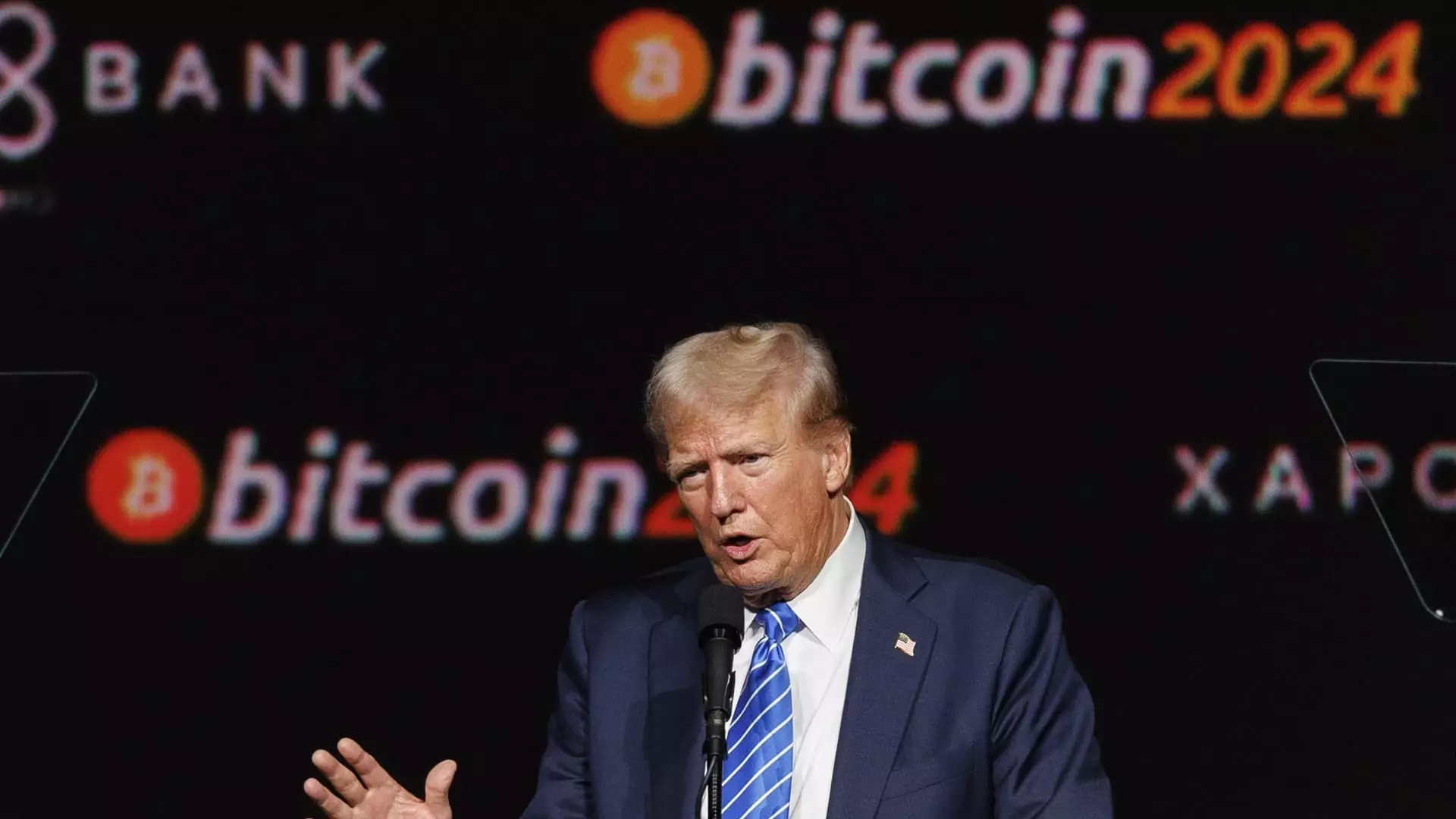As the U.S. prepares for its presidential election in November, many experts within the cryptocurrency space have asserted that, while political dynamics may influence the market, its trajectory is largely determined by factors beyond U.S. borders. This sentiment echoes through the strong current of decentralization that defines the crypto industry. Insiders argue that regardless of who occupies the White House, the global momentum towards cryptocurrency adoption and regulatory frameworks is relentless and, in many cases, ascendant.
Charles Hoskinson, a key figure in the cryptocurrency sphere and co-founder of Ethereum, expresses skepticism about the election’s impact on the crypto market, specifically mentioning that the transition towards decentralized finance is already in motion, irrespective of U.S. policy decisions. Hoskinson’s commentary reflects a growing realization among crypto enthusiasts: the movement towards a decentralized financial system has a life of its own. With authorities worldwide—from Singapore to the European Union—developing their regulatory landscapes, the American electoral outcome could prove less consequential than proactive international measures.
Discussions surrounding the potential impact of Donald Trump as a pro-crypto candidate compared to Vice President Kamala Harris have emerged as focal points in the debate. At a recent crypto conference in Singapore, Hoskinson emphasized that while Trump may be perceived as more favorable for cryptocurrency, the broader fear remains that the U.S. might lag in innovation if it fails to align with crypto-friendly policies.
Anthony Scaramucci, the founder of SkyBridge Capital, takes a nuanced view, suggesting that if Harris wins, her approach to cryptocurrency regulation may echo Trump’s sentiments, albeit with the prospect of distinct economic policies. While both candidates could signal favorable changes for the crypto sector, the unpredictability of politicians raises questions about how much trust can be placed in promises made during a campaign.
Moreover, Trump recently entered the arena with a new crypto venture, World Liberty Financial, which hints at plans to establish a crypto banking platform. Observers note that shifting political allegiances and proposals can create a murky environment that complicates direct predictions about regulatory outcomes during and after the election.
Jerome Allaire, CEO of Circle, emphasizes that cryptocurrency regulation is shifting towards bipartisan support, with Congress displaying a rare willingness to cooperate across party lines. This dynamic suggests that regulation is becoming less of a political tool and more of a necessity, as both sides recognize the technological advantages that cryptocurrencies can provide for the United States in a competitive global landscape.
As political forces start to respond to the burgeoning support for crypto among constituents, these discussions play a critical role in shaping a viable regulatory path. Despite parties vying for electoral advantage, the foundational necessity for cryptocurrency—to stimulate innovation and economic resilience—remains undebatable.
In a critique of the current political approach, it is notable that the cryptocurrency sector has made significant financial contributions to various candidates, totaling over $190 million. Interestingly, Federal Election Commission data suggests a more balanced political contribution model compared to prior cycles, with a tilt toward Republican candidates who are seen as opposing Democratic positions.
While financial clout can signal the intent of the cryptocurrency sector to exert influence, these contributions may also reflect an adaptive strategy in an evolving political matrix. Arthur Hayes, a prominent crypto trader, has expressed disdain for the notion that politics could sway global cryptocurrency markets, citing the coin’s trajectory from insignificance to its current valuation—an evolution that occurred largely without any clear regulatory framework.
Ultimately, the evolving narrative surrounding cryptocurrency demonstrates an inherent resilience that transcends political whims. As the market matures and the world embraces blockchain technologies, the lessons from past electoral cycles teach industry players that the fate of cryptocurrency is far less tethered to the political landscape than previously assumed. With global momentum behind cryptocurrency adoption accelerating, the political arena may serve merely as a backdrop to a more profound transformation already underway in finance and technology.



Leave a Reply